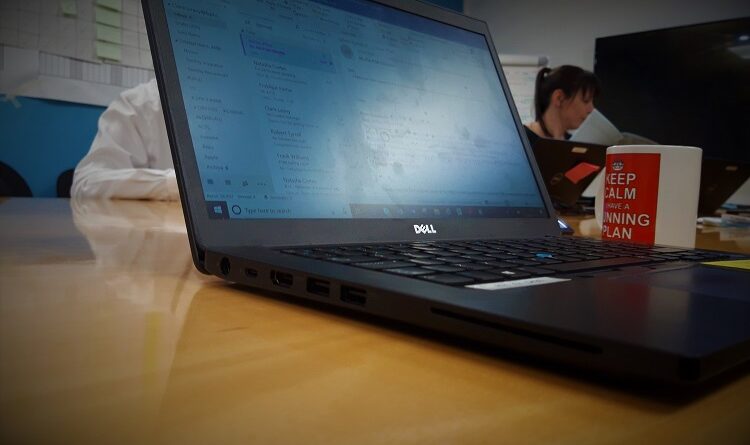
[ad_1]
Variations on a common tablet design, which can be distinguished by both colour and shape. — Photo by Ragesoss (CC BY-SA 2.0)
Thousands of unlicensed medical products have been seized in morning of raids in the Bolton area of the U.K. The Medicines and Healthcare products Regulatory Agency’s (MHRA) Criminal Enforcement Unit (CEU) seized a quantity of suspected unlicensed medical products following coordinated raids at three residential and six business premises in Bolton, Greater Manchester. The MHRA is the U.K.’s medicines regulator.
The operation consisted of raids across nine addresses in the towns of Bolton, Westhoughton and Leigh during the early hours of Thursday 13 July 2023. This led to two women and a man being arrested.
Officers from the MHRA and Greater Manchester Police seized unlicensed medical products including unlicensed versions of Botox, numbing agents and dermal fillers. Another of the medications was Lidocaine, which is used as a local anaesthetic.
Commenting on the activity, Andy Morling, MHRA Deputy Director of Criminal Enforcement said in a statement: “Medicines like these are powerful and dangerous in the wrong hands, potentially leading to serious adverse health consequences. The criminals trading in these products are not only breaking the law, they also have no regard for your safety.”
He adds: “Our Criminal Enforcement Unit will continue working to protect your health by disrupting this harmful and illegal trade. We’re grateful to our partners in Greater Manchester Police, for helping in our efforts to do this today.”
Unlicensed medical products that are advertised and sold online can be potentially harmful to those who have undergone aesthetic procedures. A prescription-only medicine has to be prescribed by a doctor or other authorised health professional and it has to be dispensed from a pharmacy or from another specifically licensed place.
Consumer education is also important, to offset the growing trend towards lifestyle medications and products that are unlicensed, falsified or controlled.
In particular, medicines and medical devices are not ordinary consumer goods and their sale and supply needs to be tightly controlled. Websites operating outside the legal supply chain can often appear tempting to consumers, especially when they offer a prescription medicine without a prescription.
However, these types of websites are in breach of the law (it is illegal in the U.K. to advertise prescription-only medicines to the public) and they can put the health of consumers at risk. As well as the medicines sold being potentially harmful (either containing the wrong ingredients or ingredients with no proven activity), self-diagnosis and self-medication can be very dangerous.
The MHRA runs a #FakeMeds campaign, which is a public health campaign that aims to reduce the harm caused by purchasing fake, unlicensed or counterfeit medical products online.
An important next step will be seeking the closure or suspension of any online pharmacy selling illegal medicines by the removal of their domain name or payment facility.
The investigation remains ongoing.
[ad_2]
Source link






